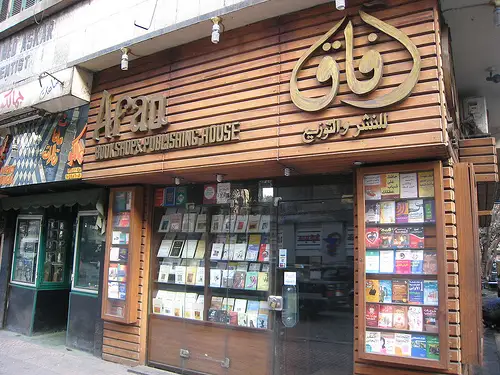Digital publishing and local content in Africa
Publishing is not an easy business these days. Books are being published more than ever before, but also less read. The arrival of the Internet brought with it many new ways of consuming information. Fast-food content is on its rise and books do not only struggle for attention as a medium, but also have not yet found a winning strategy through digital publishing.
In contrast, in Africa the Internet might offer new and promising ways, particularly for the publishing sector, with implications for local content.
Publishing in Africa works under constraints. The market is often small, few books are sold and little is invested in book projects. For example, in Egypt a book becomes a bestseller with only 10 thousand copies are sold. The great city of Cairo, albeit its wonderful book stores, there are not more than a dozen of them. Some years ago, the Arab Human Development report stated that there are more books translated into Greek language than to Arabic.
Muhtar Bakare, who runs an independent literary publishing house in Lagos, Nigeria, said on a recent symposium in Olso: “There are lively publishing enterprises in different areas of Africa that are not formalized in the European sense. But they exist, they are not cataloged, they don’t have ISBN numbers…” Muhtar says a big problem is a missing distribution network and argues that there is a lot of local content. He goes as far as calling the Internet “our own Gutenberg moment. The internet is going to democratize knowledge in Africa.”
Arthur Attwell, who runs Electric Book Works, based out of Cape Town, believes the mobile phone is game changer for digital publishing. “I think print on-demand has got a massive future for Africa, and developing countries in general, because of the way it caters to people with low cash flow and who just need a book right now.”
"I think that we will see an incredible growth of digital publishing in Africa over the next few years, we're in the process right now of really just laying down the infrastructure that's going to make that possible."
Moses Kemibaro shares the same optimism in East Africa: “The local content gold rush is only just getting started.” He emphasis that the potential for promoting local content could be social media. “We have many platforms through which local content can be published for free, or nearly free.”
There is a plurality of local content in Africa, but is often not available as digital content. Social media offers here new ways of capturing some part of information. Video, audio and text are some formats. Social media is increasingly in the hands of millions of people through mobile phones.
That is why Google has recently initiated a Wikipedia contest in the Swahili language. “Swahili is a lingua franca of much of East Africa and the Democratic Republic of the Congo" (Wikipedia). Google started this initiative for the main dilemma they are facing. The have to search technology within places, but there is not enough digital information to index.
Gabriel Stricker from Google said in an interview, at the Business Daily Africa: “The challenge for searches in many languages for us no longer is search quality. Our ability to get the right answer is hindered by the lack of quality and lack of quantity of material on the Internet.”
